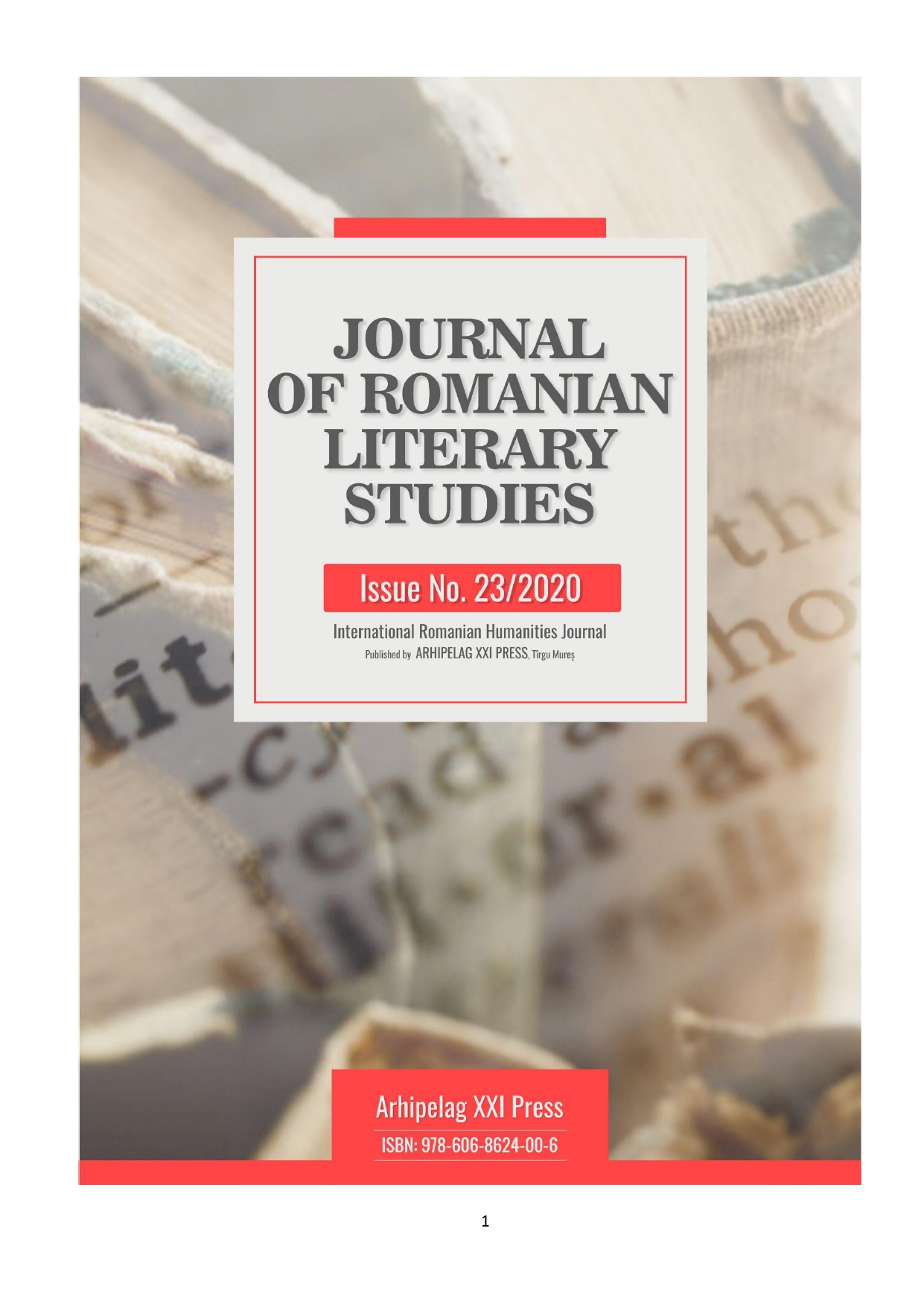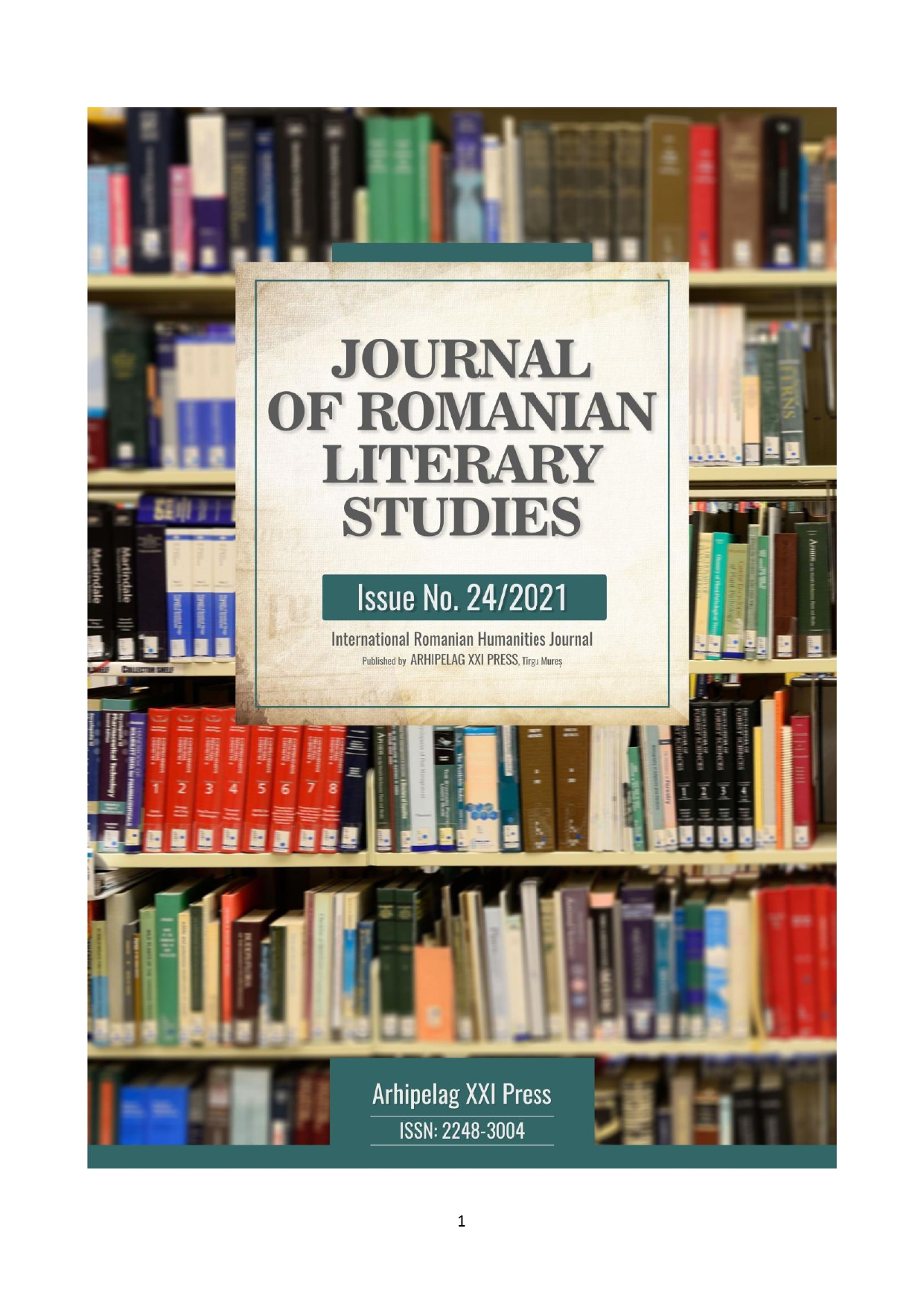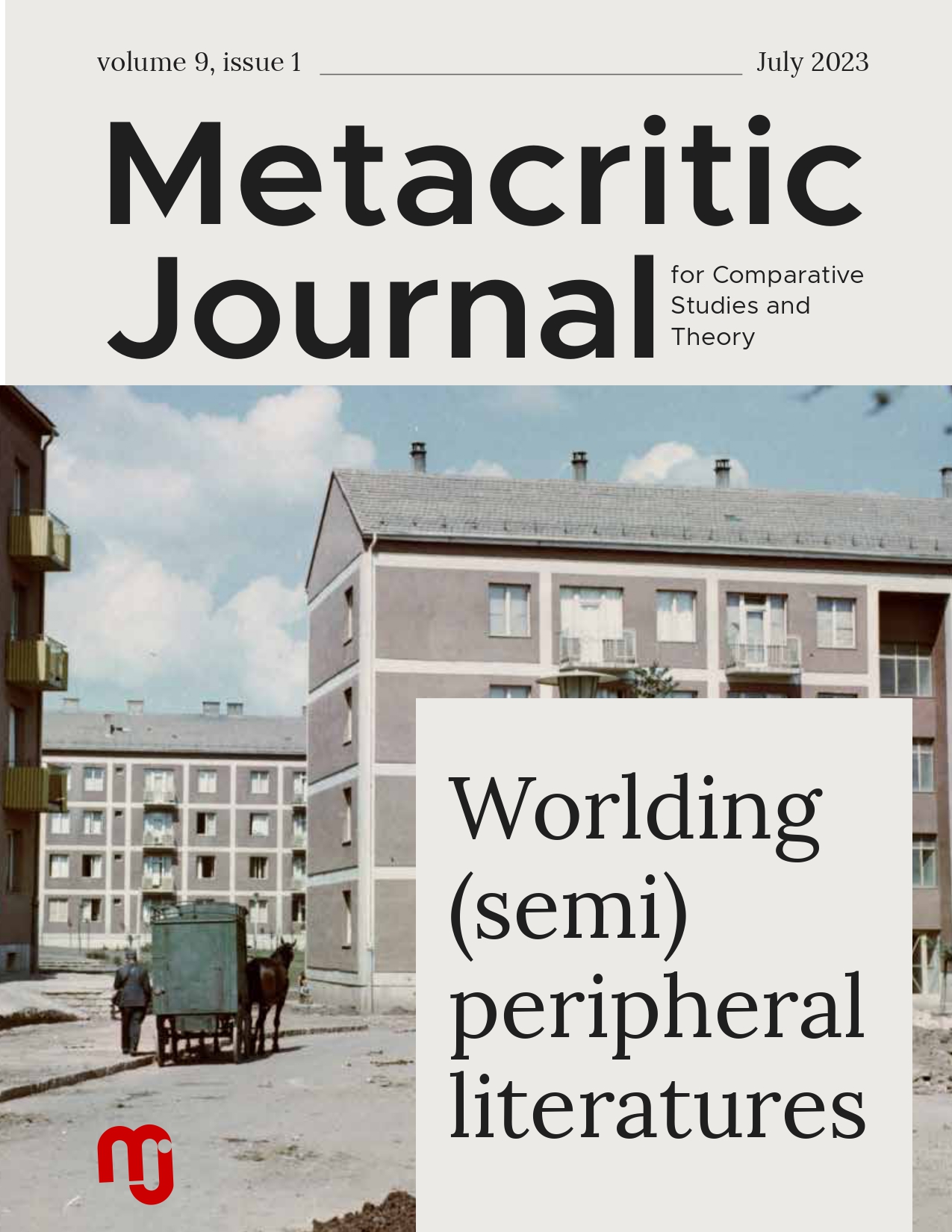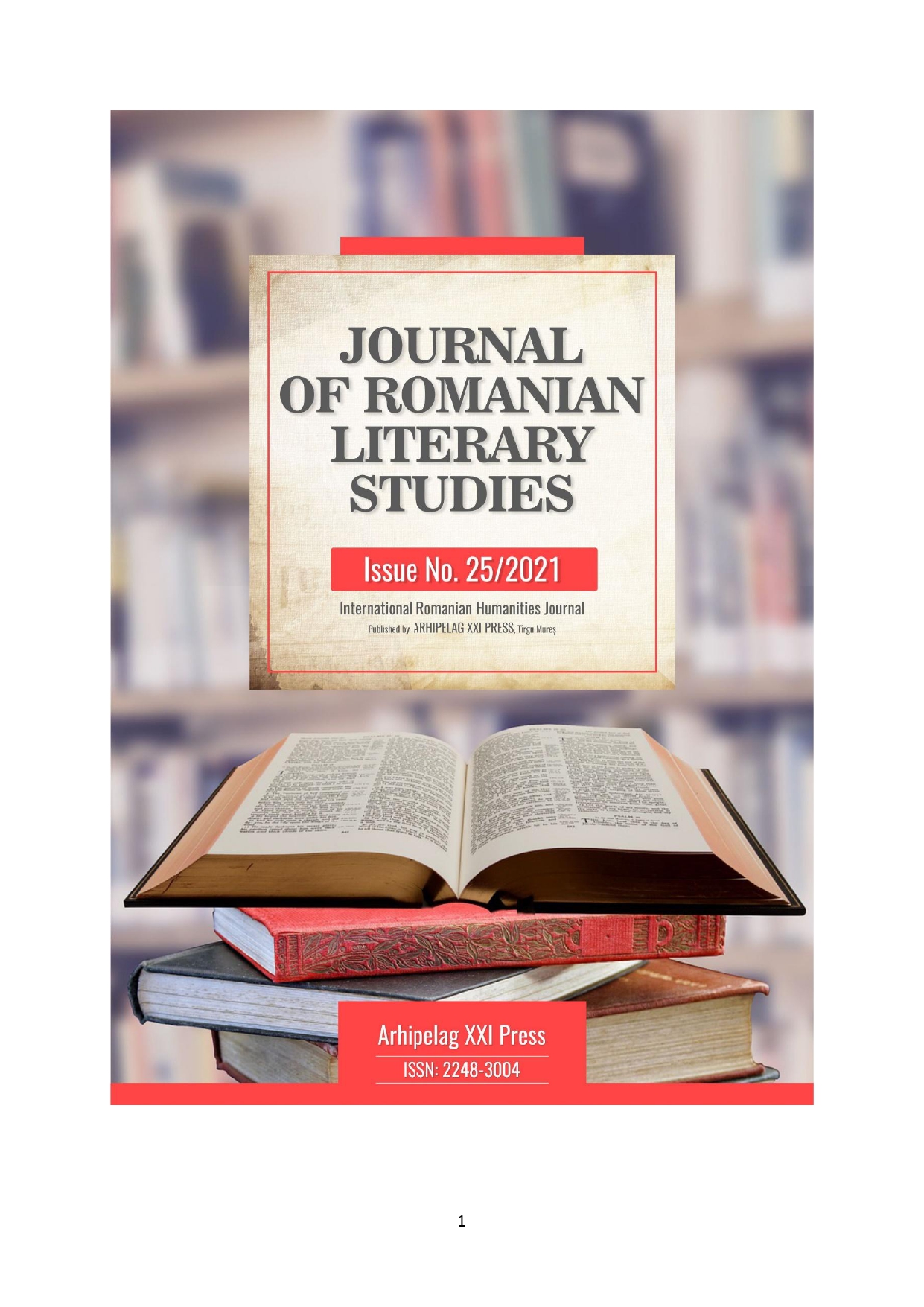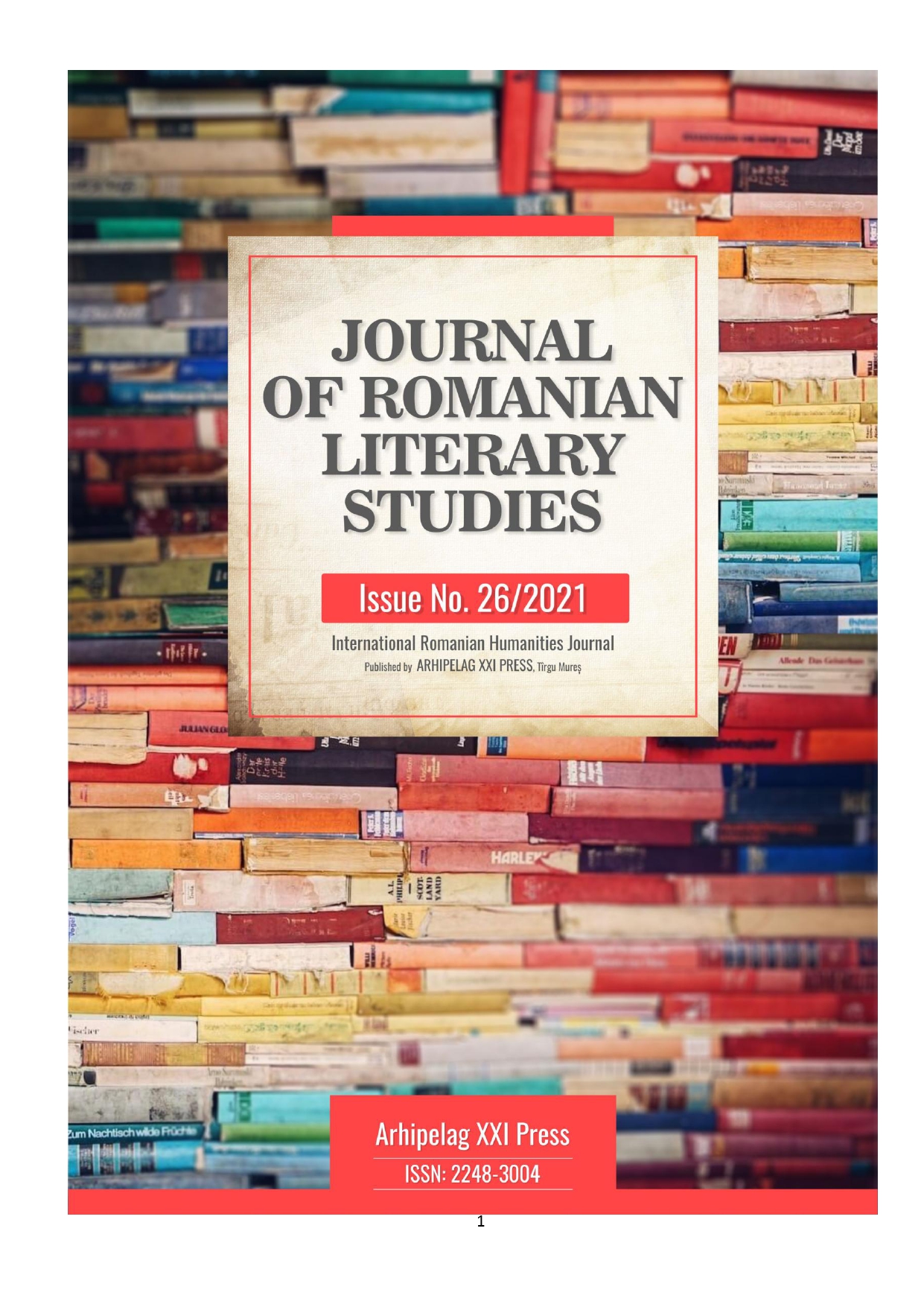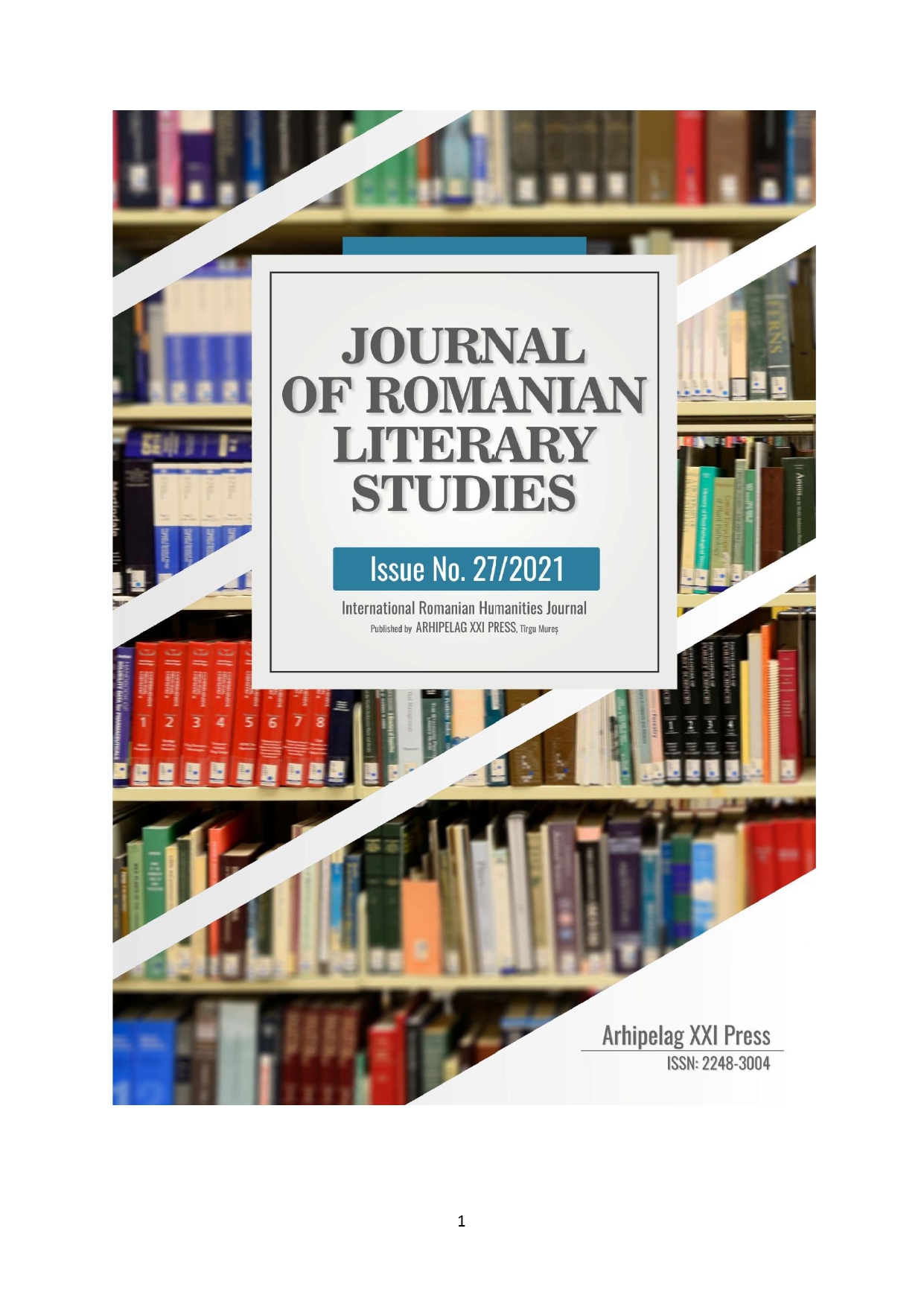Author(s): Veronica Florina Vîjoi (Vasilescu) / Language(s): Romanian
Issue: 24/2021
Starting with the first part of the 19th century, a complex process of modernization started in the Romanian Principalities, manifested by the adoption and gradual transition to a western-style cultural model, a process that led to complex social and political cleavages and mutations. After the failure of the 1848 revolutions in both Principalities, the elites of the two Romanian states will take into exile two fully functional state structures of the former provisional governments. This elites will form a government of national union in exile and will successfully manage to organize propaganda and diplomatic actions on a European scale, at a level of complexity and coordination specific to an organized state. Lacking the status of official diplomats and the guarantee of the plenipotentiary, representing the interests of a state that did not yet exist and of a largely unrecognized nation, having neither material or communication means, nor the proper apparatus of representation, the representatives of the 1848 generation in exile acted vigorously, in consensus and methodically, anticipating all forms of organized diplomacy, with all methods of a structured foreign policy, preparing internationally and domestically the Union of Principalities. Under these circumstances, Romanian writers-diplomats (most members of the elite in exile) acted in the foreign policy not as official envoys, but as representatives of authentic national aspirations. They were concerned with ensuring correct and permanent information of the international public on the specifics of the Romanian issues, and fellow compatriots about the evolution of political events at European level, even during the period when they prioritized the efforts of organizing emigration under a unitary leadership. Understanding the balance of forces between the European powers, the Romanian elites managed to pass through, cleverly adapting or modifying their tactics and means according to the mood of the European cabinets, during the times of high tension in international relationships. The Romanian exiles were not only the propagandists of the idea of national unity, but also the participants in the struggle for its realization, intertwining in an extraordinary way journalism with diplomacy. They sought to understand the political strategy of influential countries, their maneuvers and political-diplomatic intentions, to seize and exploit the opportunities on the European stage.
More...
